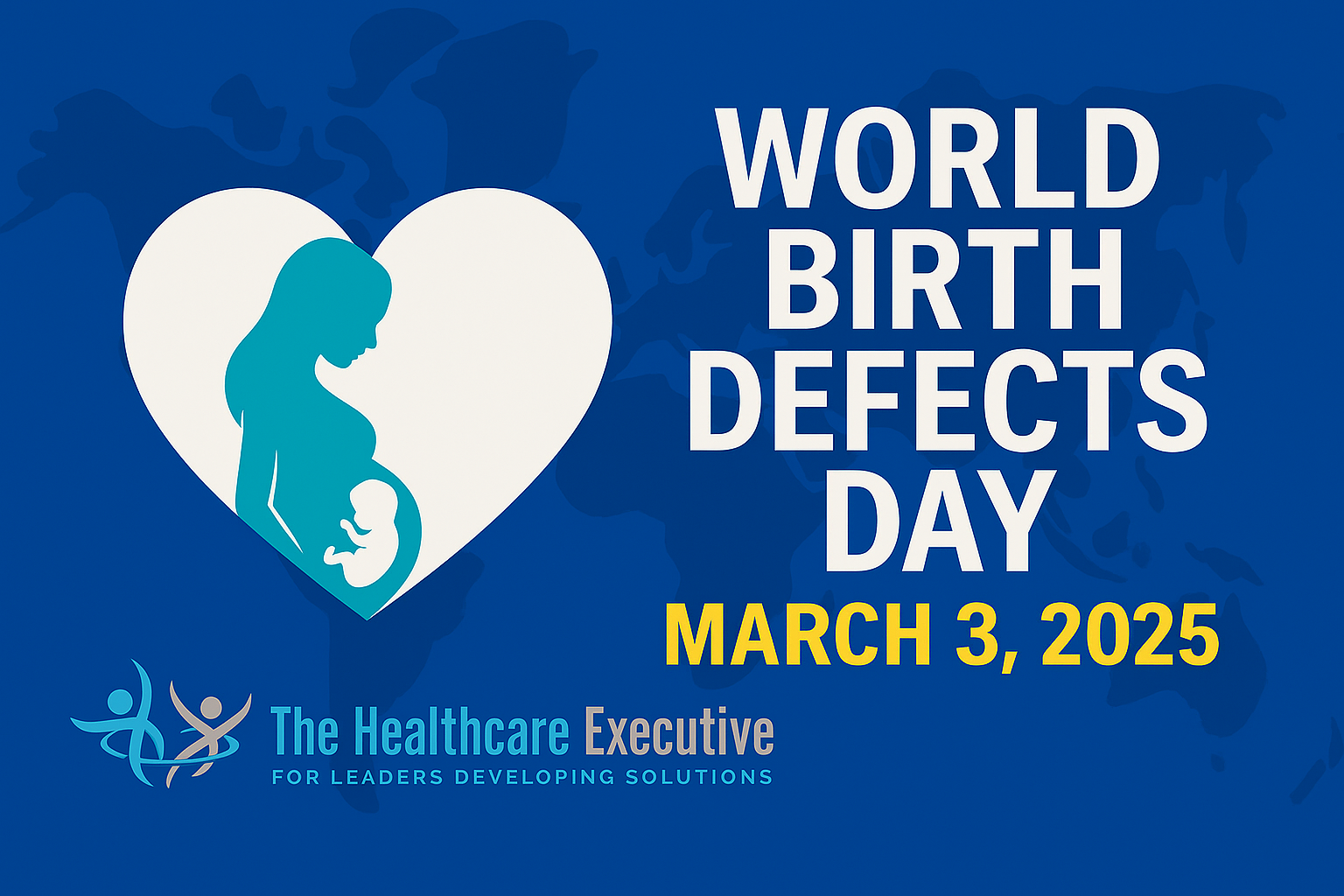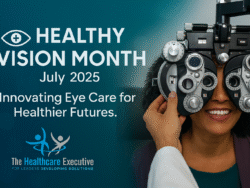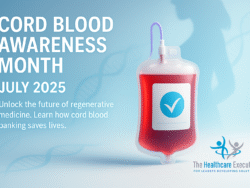World Birth Defects Day 2025: Executive Leadership in Advancing Maternal and Infant Health Equity

- Posted by Greg Wahlstrom, MBA, HCM
- Posted in Health Observance Calendar
Hospital Executives Must Drive Prevention, Early Detection, and Inclusive Care Models to Improve Birth Outcomes
Published: March 3, 2025
World Birth Defects Day, observed on March 3 each year, is a global call to action to raise awareness and improve outcomes for infants affected by congenital anomalies. For hospital executives, this observance presents a strategic opportunity to lead efforts that prioritize early diagnosis, maternal health equity, and systemwide prevention initiatives. According to the Centers for Disease Control and Prevention (CDC), 1 in every 33 babies in the United States is born with a birth defect. Despite medical advances, disparities in prenatal care, late diagnoses, and lack of education continue to drive inequitable outcomes. At Texas Children’s Hospital Fetal Center, leadership teams have implemented a multidisciplinary approach to maternal-fetal medicine that includes advanced fetal imaging, genetics, and coordinated surgical planning. Executive leadership must recognize that addressing birth defects is not just a clinical challenge—it is a population health imperative.
Strategic prevention efforts begin with executive investment in preconception and prenatal education. Hospitals should actively collaborate with public health agencies, schools, and community organizations to promote awareness about folic acid supplementation, genetic counseling, and environmental risk factors. Executives can guide their organizations in deploying culturally relevant outreach campaigns that connect with underserved populations disproportionately impacted by limited maternal health access. At Mount Sinai’s Maternal Fetal Medicine program, equity-centered models integrate language access services and high-touch patient navigation to reduce gaps in care. These frameworks reflect a leadership philosophy that health equity begins at conception. Hospital CEOs must ensure preventive resources are embedded not only in clinics, but across digital platforms, employer programs, and school-based health partnerships. Prevention is a leadership outcome—driven by vision and budget.
Hospital-based surveillance and early detection capabilities represent a second pillar of institutional responsibility. Executives should prioritize investment in AI-assisted ultrasound technologies, genetic sequencing labs, and digital registries that identify risk in real time. Integrating electronic medical record (EMR) alerts for providers to flag congenital anomalies early can support faster care coordination. Hospitals such as Children’s Hospital of Philadelphia’s Center for Fetal Diagnosis and Treatment have pioneered this model, delivering surgical and supportive interventions even before birth. C-suite teams must partner with payers and regulators to ensure these innovations are financially sustainable and widely accessible. Birth defect prevention cannot be reactive—it must be predictive and proactive. Leadership in this space requires both clinical foresight and operational commitment to scale early intervention across systems of care.
Equity remains at the core of World Birth Defects Day’s mission. Black and Indigenous mothers in the U.S. are more likely to experience barriers to prenatal diagnostics and less likely to receive specialty care in time. Executives must champion DEI-focused maternal health audits, ensuring referral processes, geographic access, and patient-provider communication meet inclusive standards. Hospitals like Mass General’s Fetal Care Program have embedded community doulas, cultural navigators, and digital health interpreters into maternal care teams. System leaders must extend this model to underserved ZIP codes, rural clinics, and mobile health programs to prevent systemic exclusion. World Birth Defects Day is not simply about improving care—it’s about redesigning systems that have historically excluded whole communities from receiving it. Hospital leaders must reimagine what it means to provide equitable beginnings.
World Birth Defects Day 2025 challenges executives to rethink their role in maternal and infant health. As public health goals evolve and social accountability rises, hospitals must move beyond episodic treatment and toward lifelong equity-driven wellness. Whether by funding research, launching cross-sector collaboratives, or redefining outcome metrics around prenatal equity, CEOs play a defining role in shaping generational health. The charge is clear: begin with babies, empower parents, and lead the systems that surround them. When hospital leaders prioritize the earliest moments of life, they shape the future of care at every level.
Discover More on Strategic Maternal Health Leadership
Explore how executives can lead maternal-infant equity strategies that begin at birth and extend across the healthcare continuum.
Internal Links
- The Rise of Patient Advocacy: Strategies for C-suite Engagement and Response
- Modernizing Patient Education: Innovative Approaches for 2024



